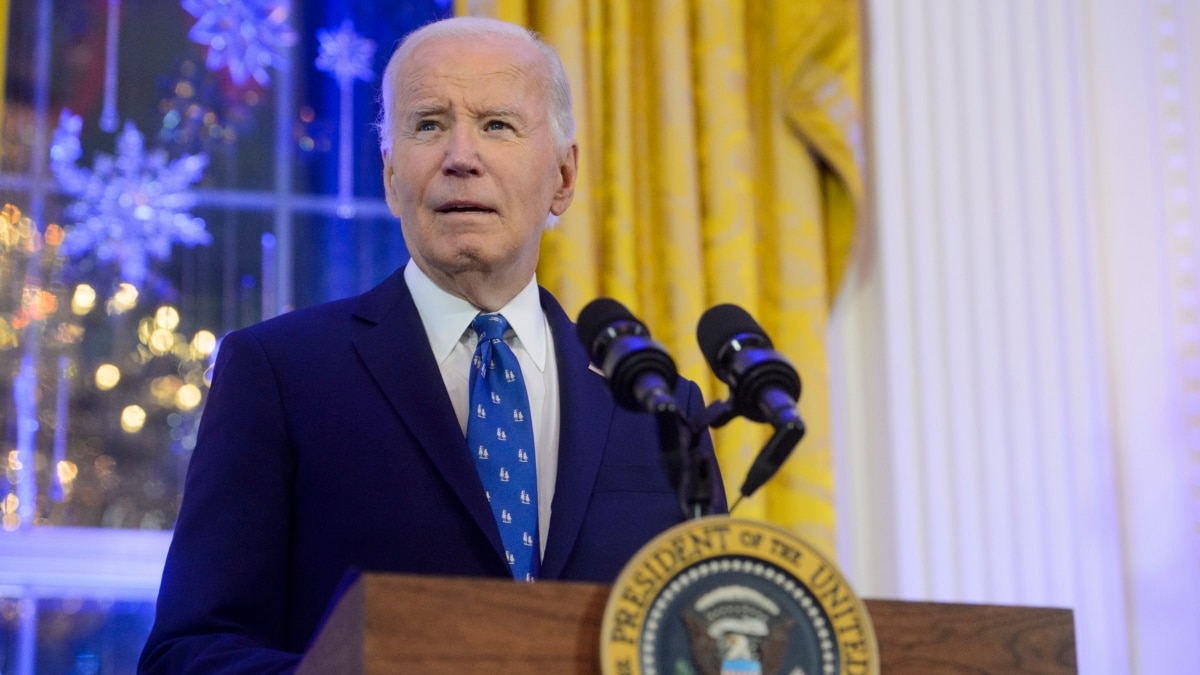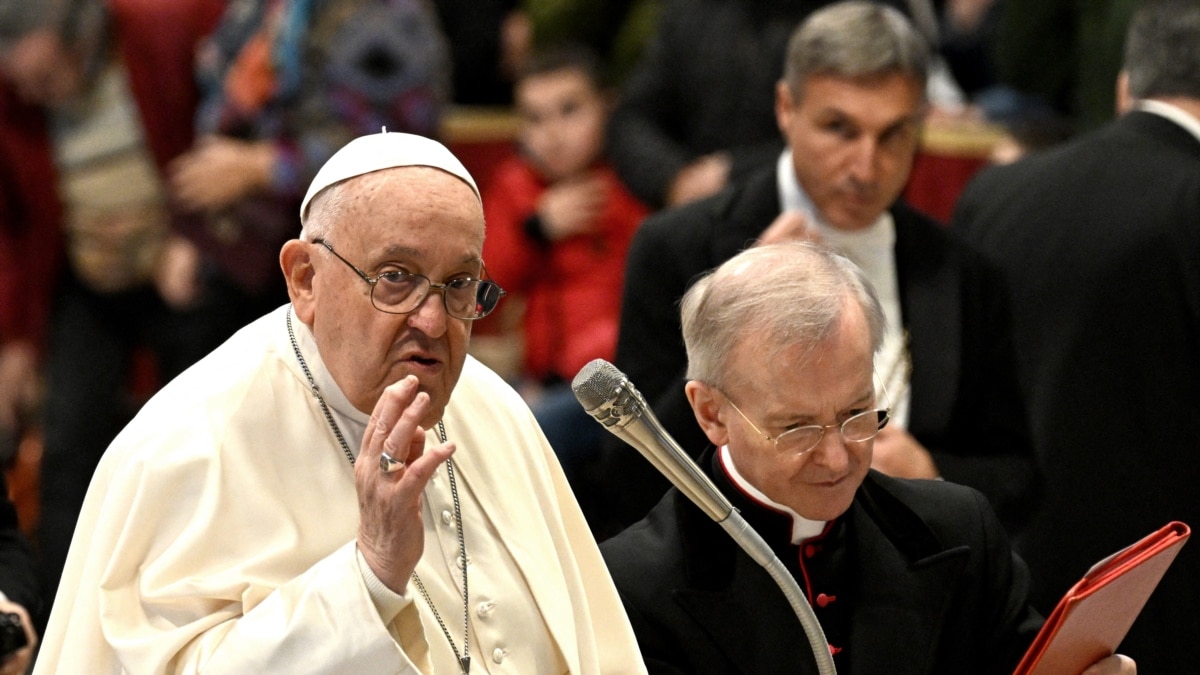After the deadliest assault on Israel in 50 years, the right-wing government and members of the centrist opposition formed a unity government on Wednesday to navigate the crisis, while its warplanes rained destruction on the Gaza Strip and both sides braced for an escalating war between Israel and Hamas.
The creation of an emergency government came as the devastation of the Hamas incursion that overran dozens of towns and a military base last weekend became clearer: civilians, including children, shot dead in homes, in cars, on streets and in hiding places, with bodies still being recovered and counted. The Israeli government said the toll in the attack had risen to 1,200 people killed, 169 of them Israeli soldiers, almost 3,000 others wounded and an estimated 150 people believed kidnapped and held hostage in Gaza.
Israel’s military forces are carrying out a more intense campaign of airstrikes than in past conflicts with Gaza against Hamas, the group that controls the region, and its allies, killing at least 1,127 people and injuring more than 5,300, according to Gazan health officials, who say most of the casualties are noncombatants, including children. After Israel escalated its 16-year blockade of Gaza to a “complete siege” this week, cutting off fuel, water and food, electricity to the region shut down on Wednesday, and hospitals, already overwhelmed, reported that they would soon be unable to function.
Hamas has threatened to kill hostages if Israel strikes civilian homes without warning.
Prime Minister Benjamin Netanyahu said in a televised news conference Wednesday night that the Palestinians who surged into Israel shot children in the head, burned people alive, raped women and beheaded soldiers.
“Every Hamas member is a dead man,” Mr. Netanyahu said. Equating Hamas to the Islamic State, he added, “It will be crushed and eliminated.”
President Biden, speaking to reporters in Washington after meeting with Jewish leaders, appeared to back reports of a particularly gruesome atrocity — one that the Israeli authorities have not verified. “I never really thought I’d see and have confirmed terrorists beheading children,” he said.
The Israeli government has called up 360,000 reservists, an immense increase in military forces, amid widespread speculation that it will launch a large-scale ground offensive into Gaza, its first since 2014. At the same time, skirmishing and artillery fire on Israel’s northern border continued on Wednesday, fueling fears of a major clash with the Lebanese group Hezbollah — a far more powerful enemy than Hamas — and a two-front war.
Egypt’s president, Abdel Fattah el-Sisi, whose country has long joined Israel in blockading Gaza, said it would not allow Gazans to flee to its territory.
The deal for an Israeli unity government, between Mr. Netanyahu and Benny Gantz, the leader of an opposition party, creates an emergency “war management cabinet” composed of the two of them and Defense Minister Yoav Gallant. Decision-making will largely remain in the hands of the broader security cabinet, according to a spokesman for Mr. Netanyahu’s party, Likud.
The agreement infuses the government with far greater military experience, a move that could bolster public trust that has been battered by months of fighting a proposed overhaul of the judiciary by Mr. Netanyahu’s far-right and religiously conservative governing coalition, and now by the failure of Israel’s vaunted security services to anticipate or quickly defeat the assault from Gaza.
The 14-member security cabinet now includes four lawmakers who had been in the opposition, including Mr. Gantz and Gadi Eizenkot, both of them former army chiefs who bring a wealth of wartime know-how from previous conflicts with Gaza and Lebanon.
“It’s about bringing in people who were chief of staff, and who were not involved in the current disaster,” said Gideon Rahat, a political scientist at the Hebrew University of Jerusalem. “They are not responsible for it, so they can help to get out of it.”
Public trust in government had ebbed all year, following a huge backlash against the government’s plan to undermine the power of the courts. The Parliament approved the overhaul in July, and it is being reviewed by Israel’s Supreme Court.
Many reservists said earlier this year that they would refuse to serve if the changes were adopted, prompting Mr. Gallant, the defense minister, to say that the plan would undermine national security.
With reservists now being mobilized, “They must know that they have someone to trust in the government,” Professor Rahat said.
The main opposition leader, Yair Lapid, said he would not join a unity government as long as it still included the most extreme figures in Mr. Netanyahu’s coalition, like Itamar Ben-Gvir, the national security minister. Mr. Ben-Gvir, whose anti-Arab campaigning resulted in a 2007 conviction for inciting racism and supporting a terrorist group, remains in the security cabinet.
The Hamas attack was far larger than anything the group had attempted before, with coordinated destruction of Israel’s network of electronic border surveillance and remote-controlled weaponry, as well as dozens of breaches in the border barrier. The Israeli military, which took days to regain control of the areas affected, has said it recovered the bodies of 1,500 Palestinian gunmen who took part in the assault and were killed.
The terrorists rampaged through towns, kibbutzim and a music festival, among other locations, killing indiscriminately and taking hostages, in an incursion felt far beyond Israel.
The U.S. State Department said on Wednesday that 22 of the dead were American citizens, up from the 14 cited a day earlier, and officials have said that some of the captives are, as well. John Kirby, the spokesman for the National Security Council, said 17 Americans remain unaccounted for, but the number who are hostages is probably “very small, very small, less than a handful.”
The government of Thailand said 14 of its citizens were killed, and France said 10 of its people were dead and 18 still missing.
Secretary of State Antony J. Blinken told reporters on Wednesday, just before he boarded a flight to Israel, that his message for Jerusalem would be that the United States has Israel’s back. “We’ll have it tomorrow, we’ll have it every day,” he said. “We stand resolutely against terrorism.”
Thousands of Israelis have volunteered to dig graves.
In Gaza, on Israel’s southwestern border, conditions rapidly worsened in what local officials and the United Nations described as a humanitarian crisis. The territory’s only power plant ran out of fuel and shut down. It was not clear how long supplies of water and food would last.
Gazans reported that Israeli airstrikes had targeted structures normally considered relatively safe, like schools, hospitals and mosques. Mkhaimar Abusada, a political science professor living in Gaza, said that previous conflicts started with airstrikes targeting single buildings used as security installations. This time, he said, the attacks had leveled entire neighborhoods.
“Nothing is left in areas, almost everything is bombed,” he said, adding that he had left his home for his brother’s home.
Israel has acknowledged hitting multiple mosques, saying that they were used as staging areas by Hamas and other militant groups.
As of Tuesday, 250,000 people were in Gaza shelters run by the United Nations Relief and Works Agency for Palestine Refugees in the Near East. Rescuers in Gaza struggled, with inadequate equipment and dwindling fuel, to reach people buried under the rubble from airstrikes.
Al-Shifa Hospital, the area’s largest medical complex, was treating 800 patients with only 500 beds and was running low on supplies, said its director, Dr. Muhammad Abu Salima. “We are treating patients in corridors and on the floor,” he said.
The hospital had enough fuel to power its backup generators for another four days at most, he added, and had already curtailed power use. Without electricity, he said, ventilators, operating rooms, incubators and other gear will simply stop working.
“If electricity stops, our hospitals will become nothing but mass graves,” Dr. Abu Salima said.
“We will sit there and watch the patients die one by one without being able to provide them with medical care,” he added.
Israel Katz, the Israeli energy minister, posted on X, formerly called Twitter, “We will continue to tighten the siege until the Hamas threat to Israel and the world is removed.”
In the north, the Israeli military said it had struck Hezbollah targets in Lebanon with aircraft and artillery on Wednesday, in response to a missile attack by the group. The number of casualties on both sides remained unclear.
Some Israeli villages near the border are deserted, the only sound being the constant buzz of aerial drones. The troop presence in the region was noticeably heavier than usual, with soldiers operating checkpoints along the roads, stopping vehicles.
Hiba Yazbek and Patrick Kingsley reported from Jerusalem, and Nicholas Casey from Madrid. Reporting was contributed by Raja Abdulrahim and Aaron Boxerman from Jerusalem; Gabby Sobelman from Rehovot, Israel; Euan Ward from Beirut, Lebanon; Nadav Gavrielov from New York; Sui-Lee Wee from Bangkok; Jin Yu Young from Seoul; Aurelien Breeden from Paris; Iyad Abuheweila from Cairo; and Peter Baker, Katie Rogers and Edward Wong from Washington.




